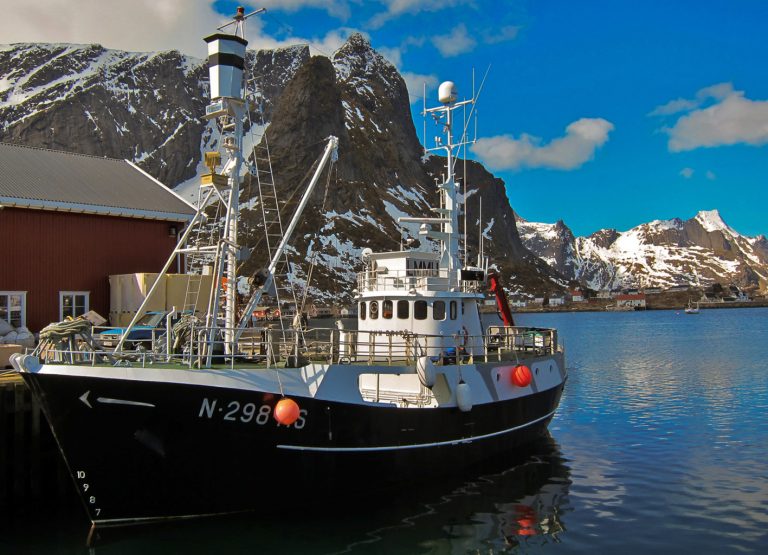How ocean acidification affects society
Scientists from Bremen develop ecosystem model in cooperation with stakeholders in Norway

In cooperation with potentially affected stakeholders, Scientists from the University of Bremen have developed an ecosystem model that integrates the relevant environmental processes and examines ecological changes and their socio-economic implications. Climate change does not only lead to global warming and an increase in weather extremes: The ocean is also affected by the uptake of carbon dioxide from the atmosphere: Chemical reactions reduce the pH of the sea water. While the process of ocean acidification is taking place already, possible consequences for marine ecosystems and human societies are not fully understood yet.
Scientists at the University of Bremen have now published first findings about the expected environmental changes and their impact in Norway. In cooperation with potentially affected stakeholders, they have developed an ecosystem model that integrates the relevant environmental processes and examines ecological changes and their socio-economic implications. The researchers describe their participatory method in their article “Stakeholder-Informed Ecosystem Modeling of Ocean Warming and Acidification Impacts in the Barents Sea region” in the open access journal “Frontiers in Marine Science” (DOI: 10.3389/fmars.2016.00093)
“There is still major scientific uncertainty about the consequences of ocean acidification in marine ecosystems. Nevertheless, we have to understand possible consequences for societies – because when all open research questions have been resolved, it may already be too late to act” says the leader of the study, Professor Stefan Gößling-Reisemann of the Sustainability Research Centre at the University of Bremen. The project ist carried out as part of the German research network BIOACID (Biological Impacts of Ocean Acidification). “It is important to examine who might be affected and how societies might be able to adapt, taking into account all the uncertainties. Our research approach is thus based on communication among science and societal groups. We construct computer models that incorporate latest scientific results and at the same time take into account the perceptions and interests of the stakeholders.”
From Ecosystem to society
The ecological model was discussed with stakeholders from fisheries, the tourism sector and environmental organizations at a workshop in Tromsø, Northern Norway, and used to assess societal adaptation options to the projected changes. The stakeholders agree that Norwegian fisheries and coastal management is generally well prepared to deal with future environmental changes, such as new species immigrating due to ocean warming. However, the additional impact of ocean acidification could greatly increase the pressure on some marine species and people who depend on them. For example coastal fishers and local tourism companies are highly dependent on certain species such as cod, sperm whales or seabirds. Those animals can be affected by indirect food web effects of acidification and ocean warming. If the stocks are reduced or move to other regions, additional potential for societal conflicts and challenges for ocean and coastal management emerge.
“The interactions among species in marine food webs play an important role in the perceptions of the stakeholders. This knowledge is based on decades of experience and observation. These interactions are therefore a basis for understanding future shifts in the ecosystem and to discuss them with the concerned parties”, explains Stefan Koenigstein, marine biologist at the University of Bremen. “Thus, this knowledge helps to understand in which way uses of the ocean may have to be adjusted. Even in a wealthy country like Norway, there are societal groups who are more affected by ecological shifts under climate change. These effects can be mitigated by good governance and a fair distribution of user rights.”